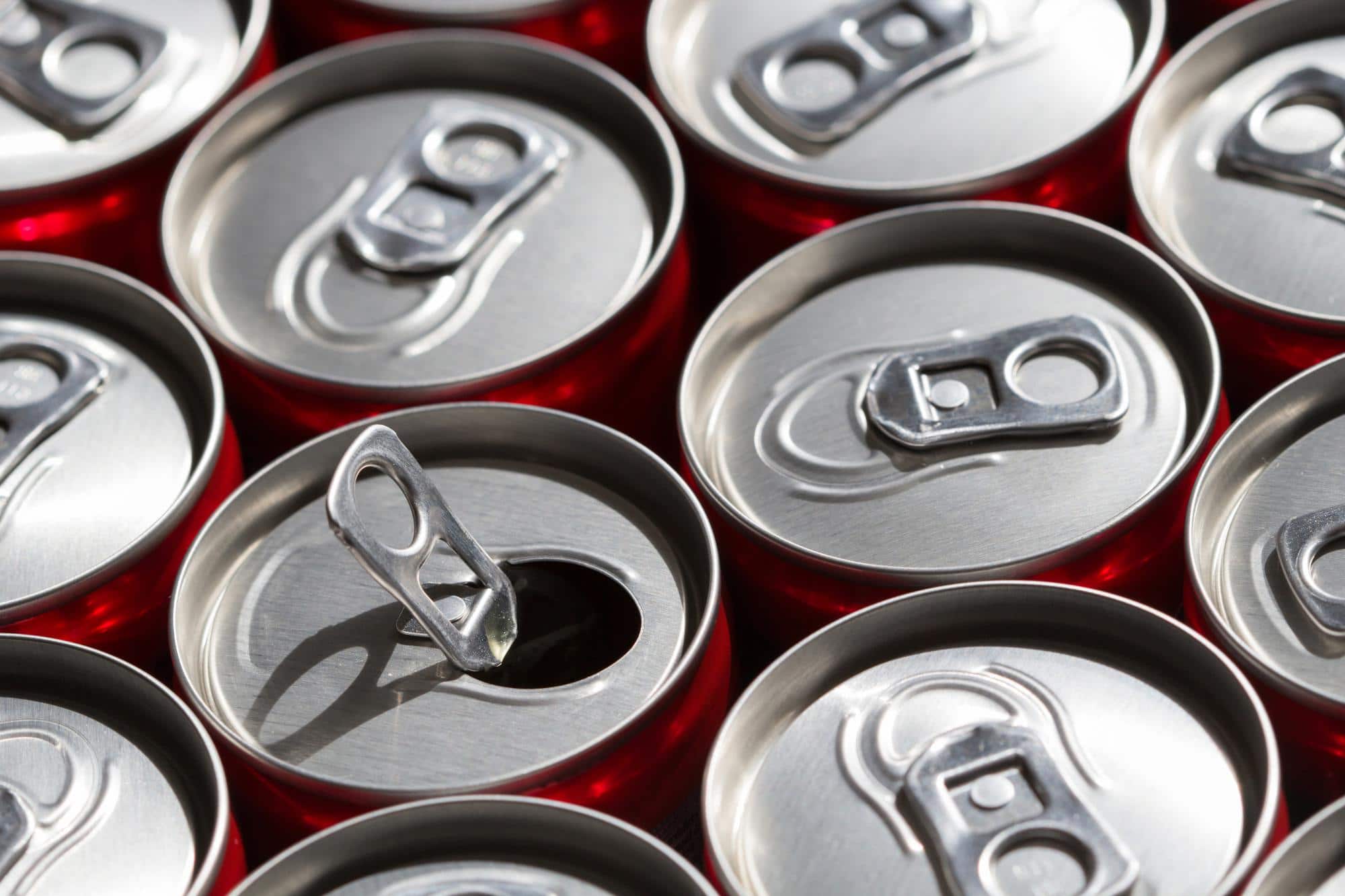
In the battle to lose weight, many people switch to diet sodas. But while they cut calories they might also raise the risk of stroke or dementia, a new study suggests.
Just one artificially sweetened drink a day seems to increase those chances nearly threefold, compared with drinking less than one a week, the researchers said.
Still, only a few people in the study developed dementia or had a stroke, so the absolute risk remains small, the researchers added.
Also, “We can’t establish cause and effect, but our results suggest that we look more closely at artificially sweetened beverages to see how they are affecting our bodies and what affect they might have on different diseases,” said lead researcher Matthew Pase.
He’s a senior fellow in the department of neurology at Boston University School of Medicine.
Exactly why diet drinks might be linked to these conditions isn’t known, Pase added.
Some studies have shown that diet soda is associated with vascular disease, which might have effects in the brain. Other research has found an association between artificially sweetened drinks and weight gain, which might increase the risk for stroke and dementia, the researchers said.
Yet another study showed that artificial sweeteners alter bacteria in the gut, which might also have a negative effect, Pase said.
“People should be cautious about over-consuming diet drinks,” he said. “Just because they say ‘diet’ doesn’t mean they’re a healthy alternative to sugary drinks.”
The findings were published April 20 in the journal Stroke.
One stroke expert said the findings are far from definitive.
“I don’t think we have the evidence to tell people to stop drinking artificially sweetened beverages, but I don’t think we have the evidence to tell people that switching to drinking them will improve their brain health,” said Hannah Gardener. She’s an assistant scientist in the department of neurology at the University of Miami Miller School of Medicine.
Switching to sugar-sweetened drinks, however, isn’t a healthy option, she said.
“The evidence is clear that sugar-sweetened beverages are unhealthy for our heart and unhealthy for our brain,” said Gardener, who cowrote an editorial that accompanied the study.
In the study, Pase and his colleagues collected data on stroke from among nearly 2,900 men and women over age 45 who took part in the Framingham Heart Study. For the dementia part of the study, they followed nearly 1,500 people over age 60 in the Framingham group.
Three times over seven years, the researchers reviewed what people were drinking. Participants reported their eating and drinking habits using food frequency questionnaires.
Pase’s team followed the participants for 10 years, to see who had a stroke or developed dementia.
The researchers found that 3 percent of the participants had suffered a stroke and 5 percent had developed dementia, most of which were cases of Alzheimer’s disease.
The investigators adjusted their findings for risk factors such as age, sex, how much participants ate, education, diabetes and a genetic risk for Alzheimer’s disease.
Robert Rankin, president of the Calorie Control Council, which represents makers of low-calorie foods and drinks, took issue with the findings.
“Rather than focusing on results from observational studies, which cannot establish cause and effect, individuals should talk to their health care team to address known risks for stroke and dementia,” he said.
“Beverages are an important consideration, and diet beverages provide safe, reduced calorie options that people can enjoy while working towards achieving their healthy lifestyle goals,” Rankin added.
The American Beverage Association concurred.
HealthDay News
Health Education Articles
Explore our library to stay on top of the latest trends, research, and helpful guidance based on your health needs.
Healthy Living
Stay informed on changes to everyday living that have a big impact on long-term health.
Diet & Nutrition
Get healthy recipes and advice proven to reduce risk of serious illnesses.
Disease Information
Discover the latest research about health issues often addressed by our services.